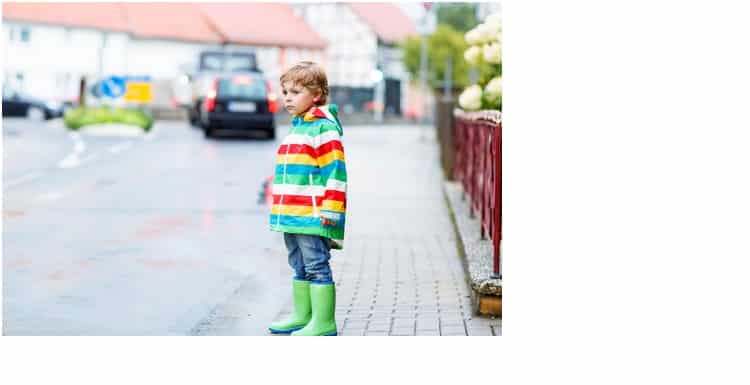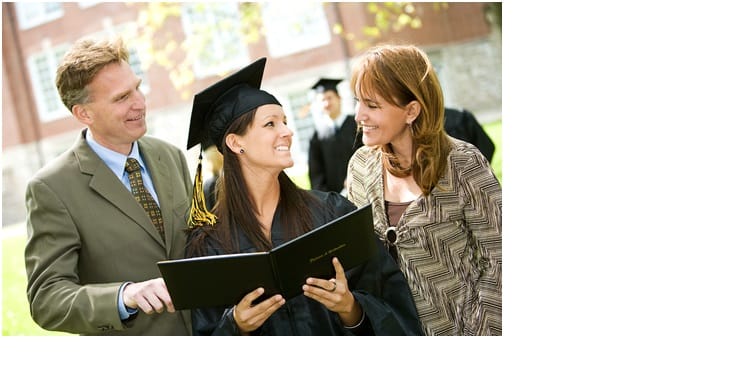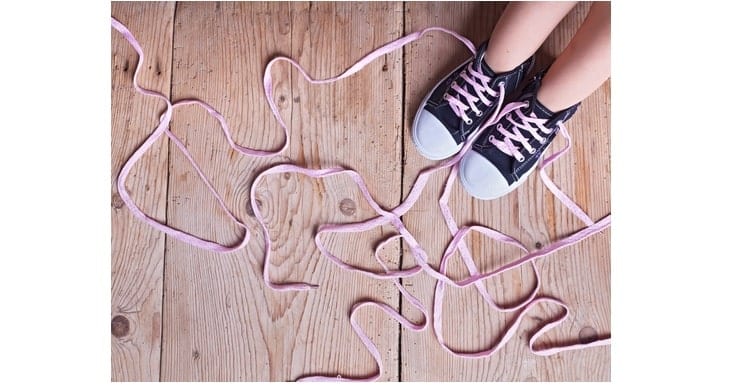Parenting is a long-term proposition during which we need to essentially work ourselves out of a job. Part of a child’s development is to learn how to be independent, to make choices, and to think for himself. Allowing children to fail in a controlled environment minimizes the risk, but also helps them to learn valuable lessons and skills that will last a lifetime.
The Value of Making Mistakes
Making mistakes makes us uncomfortable. Fortunately, it is through discomfort that both children and adults do their best learning. Take a child faced with a simple math problem – 7 x 6 = ? The child answers “36” and gets the answer wrong, but then has the opportunity to learn so much more than what can be seen on the surface.
Children learn not only the answer to the simple math problem—that 7 x 6 is 42—but also gain meaningful life lessons through making mistakes. These lessons could include the value of memorization or different ways to internalize information, how to persevere, how to solve problems, how to take instruction, and the limits of a personal frustration threshold.
These are all important lessons for kids to learn as they grow and develop over the course of childhood and adolescence. And if all of these valuable lessons can be learned through one simple math problem, imagine what can be internalized through more layered and complicated problems or opportunities to fail.
The Value of Facing Natural Consequences
Like the math problem, children can learn many nuances of natural consequences through simple choices. One popular choice for kids is whether or not to wear a coat. Granted, this is a safer choice to offer kids in the fall or spring, when temperatures are not so extreme as to be unsafe but during which children will still feel discomfort.

If a child does not wear a coat, he or she may end up cold. Still following? Maybe he forgot or maybe he decided in all his nine years of wisdom he’s surpassed the human need for warmth. Either way, there are valuable lessons to be learned. How to think ahead, plan for the future, gauge the weather and remember a routine before leaving the house.
All of these life skills are valuable, especially when acquired as a result of children’s own choices and experiences. A cold child is less likely to leave the house without a coat again.
Parents Teach Either Responsibility or Helplessness
The transition between elementary school and junior high is tough for both parents and children, especially when it comes to completing and turning in classwork and homework. No longer part of a classroom community of thirty or so children, an adolescent becomes one of hundreds of kids in several classes throughout the day. Add in some extra-curricular activities and it becomes increasingly difficult for adolescents to balance core responsibilities, like keeping up their grades.
After receiving a report card with Cs, Ds, or Fs, parents may rush to the teachers to defend their teens, placing the blame anywhere besides their children. They may request that teachers change grades or blame the school for work that is “too difficult.” This is all part of overprotective parenting that is harmful to children as they grow and develop.
Overprotective parenting sends the message that “I don’t trust you to make good decisions or learn for yourself, so I’m going to do that for you.” Granted, this message is most likely unintentional, but it still has far-reaching consequences. In her article Why Parents Need to Let Their Children Fail, teacher Jessica Lahey describes, “…parents who raise their children in a state of helplessness and powerlessness, children destined to an anxious adulthood, lacking the emotional resources they will need to cope with inevitable setback and failure.”
Arrested Development
In addition, adolescents whose parents step in to help them too often remain in a state of arrested development, reinforcing the developmental tendency to blame everyone else for their problems. While this developmental marker is common in adolescence, teens are not intended to stay there, and it is up to parents to help them move past this stage. There are far-reaching consequences for our children’s futures—including the inability to pay their bills on time and maintain a good credit score, get and keep a job, solve conflicts with others, and navigate messy relationships—if we don’t encourage them to take control and grow independently, solving their own problems.
Safe Ways to Let Children Fail
There are many ways that parents can allow their kids to fail and learn valuable life lessons and skills. Grades, for example, serve as an excellent measure of success and failure within the safety of the home environment. If a child or teen is not doing homework, parents can work with teachers and determine natural consequences that will motivate children to change that behavior.
If grades have fallen, parents can punish their kids and petition for a diplomatic solution with the school. They can also step back, leaving kids the responsibility of bringing those grades up, whether that means completing extra credit work or staying after school for a while.
As kids grow into adolescence, higher-stakes risks can be safely taken. Parents can open bank accounts with their teens, providing allowances and education about how to manage finances. Teens will quickly learn what it means to overdraw an account and be responsible for resulting fees and additional natural consequences. Valuable lessons like this one are better for adolescents to learn early in life, while the stakes are relatively low.

Giving children of all ages opportunities to fail allows them to learn valuable lessons that will last them well into adulthood. Such lessons encourage the development of essential life skills, like independence and responsibility, and give parents the gift of working themselves out of a job; that is to say, the freedom of independence from parenting, as children learn to stand on their own two feet.
